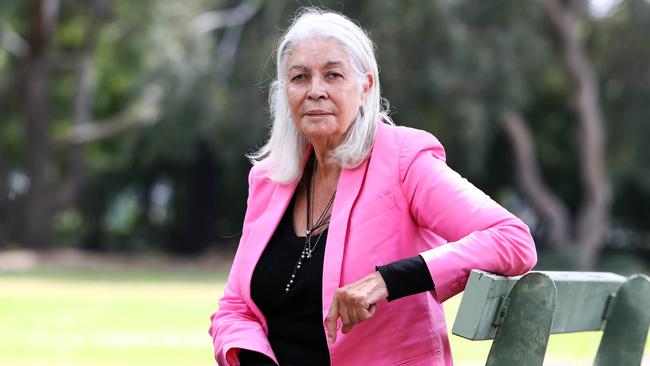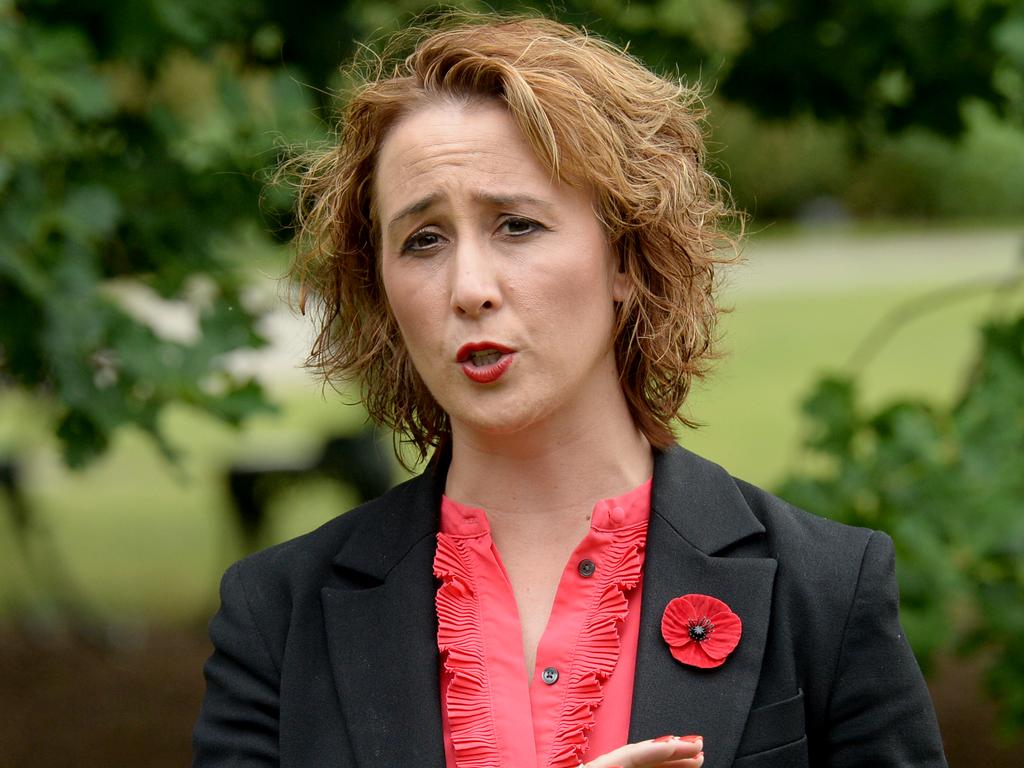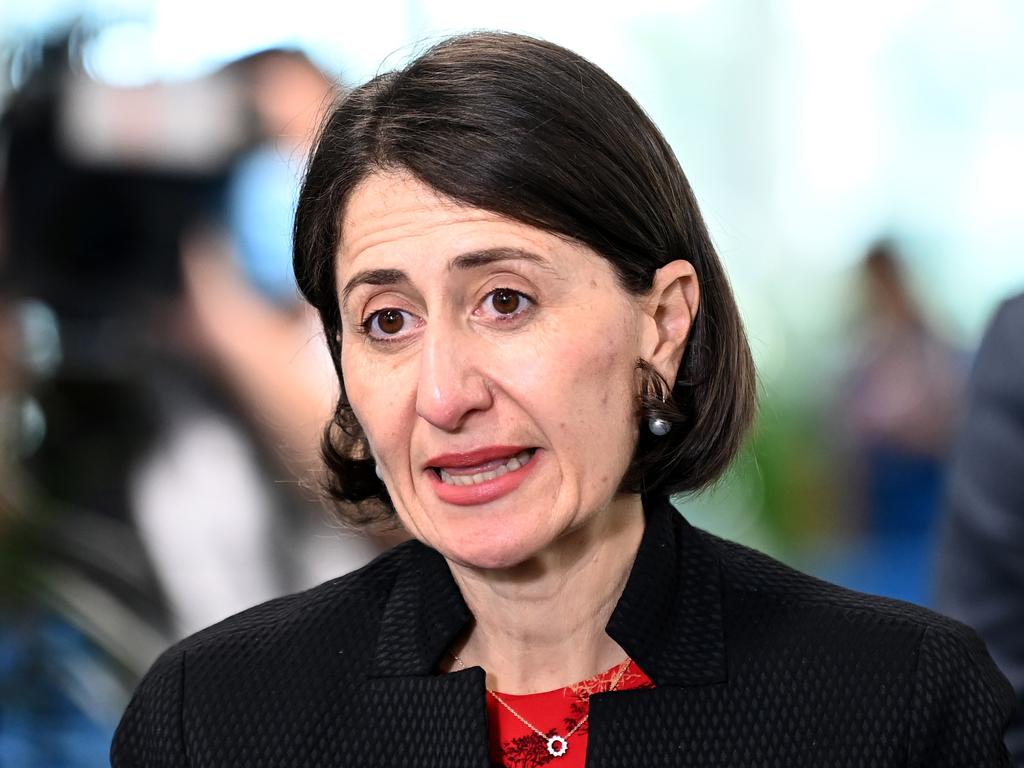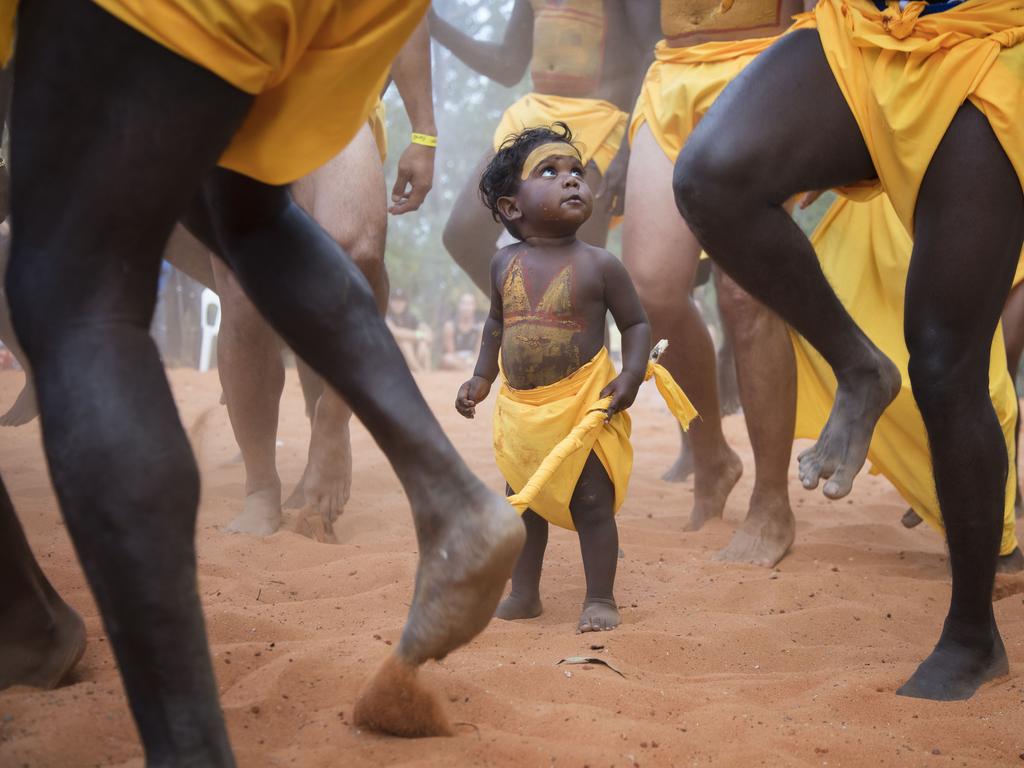Indigenous voice may be lost if rushed to referendum: Langton
Marcia Langton believes a constitutionally enshrined voice may never see the light of day if the proposal is rushed to a vote.

Marcia Langton believes a constitutionally enshrined voice may never see the light of day if the proposal is rushed to a referendum and fails, as she pushes back against calls from leading Indigenous figures to oppose the Morrison government’s plan to enact the body in legislation. Professor Langton, the co-chair of the panel designing a voice, will use a major address to say that legislating the Aboriginal advisory body will be a stepping stone towards constitutional recognition and the full implementation of the Uluru Statement from the Heart.
“It is also likely that once a voice were established and became a part of the machinery of government and the parliament, most Australians would find the proposition uncontentious,” she will tell the B’nai B’rith Human Rights Oration on Sunday, an event organised by the Jewish community.
“We have not resiled from the important message of the Uluru Statement from the Heart, which calls for constitutional reform to establish a voice to parliament for the First Peoples of Australia, truth-telling and a treaty process,” Professor Langton says. The panel will submit its final report to the government this month, with Indigenous Australians Minister Ken Wyatt vowing to legislate the voice – a body that will advise government on Indigenous issues – before the next election.
Noel Pearson is among Indigenous leaders opposed to legislating a voice before it is put to the public in a constitutional referendum – despite constitutional enshrinement being ruled out by Scott Morrison and strongly opposed by conservative Coalition MPs.
An analysis of 2554 public submissions to the panel designing the voice found 86 per cent expressed support for the body being enshrined in the Constitution.
Professor Langton will say that despite favourable polling to a constitutionally enshrined voice, it was unclear whether it would gain sufficient support at a referendum.
“We don’t know if Australians will vote ‘yes’ for the voice in a referendum,” Professor Langton says. “If they don’t … like the referendum on whether Australia should become a republic in 1999, the matter may never again have sufficient support to be realised.
“No other constitution in the world is as difficult to change as the Australian Constitution; only eight out of 44 questions voted on in referendums in Australia’s history have succeeded.”
She will say it is likely the No case would receive government campaign funding, unlike the 1967 referendum that recognised Indigenous Australians in the census.
“The world has changed dramatically and it is almost a certainty that there would a No case, and moreover it would be hard fought in the media and on social media by the cultural warriors who remain opposed to the survival and well being of Indigenous Australians,” Professor Langton will say. “It would be a well-funded campaign approved by the government, and if the historical record were repeated in these circumstances, the referendum on constitutional enshrinement of an Indigenous voice would fail.”
Professor Langton will say the voice model to be presented to the government this month will provide a “common sense approach to the need to empower Indigenous Australians”.
It could lead to constitutional reform “in the near future”.
“What would a voice do, how would it be constituted, how would it work? The everyday machinery of government requires that questions like this be answered in some detail,” she will foreshadow of her report.
“These are the questions we have answered but the question that you might consider on constitutional entrenchment of a voice is yet to be drafted.”
In March, Mr Pearson, a member of the panel, said it should be the recognition of Indigenous Australians in the Constitution that “empowers parliament to legislate the voice to parliament”.
“Let us complete the legislative design of the voice, and produce an exposure draft of the bill so that all parliamentarians and the members of the Australian public can see exactly what the voice entails,” Mr Pearson said.
“Let us set the bill aside and settle on the words of constitutional amendment that recognises Indigenous Australians and upholds the Constitution, and put the amendment to a referendum of the people at the next best opportunity.”
Professor Langton believes Australia has “achieved an informal accord through the reconciliation movement”.
“My vision is that one day our nation will be a republic, born of an ancient world, older than all others on Earth, but incorporating people from throughout the world,” she will say on Sunday.
“But before we become a republic and redefine our nation, we need an honest inquiry into the terrible fate of so many First Peoples who bore the brunt of colonisation and racial hatred.
“Our nation has been strengthened, I believe, by vigorous argument about removing that stain on the history of the Commonwealth of Australia.
“We no longer envision our nation as a ‘a white country for the white man’, as the constitutional founders did, although there remains a small faction who resolutely do hold to those ridiculous ideas.
“All of us would feel proud to belong to our nation if the First Australians were recognised in our Constitution.”








To join the conversation, please log in. Don't have an account? Register
Join the conversation, you are commenting as Logout